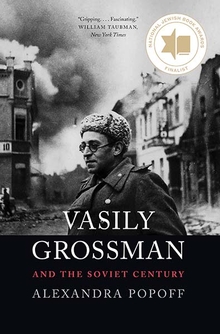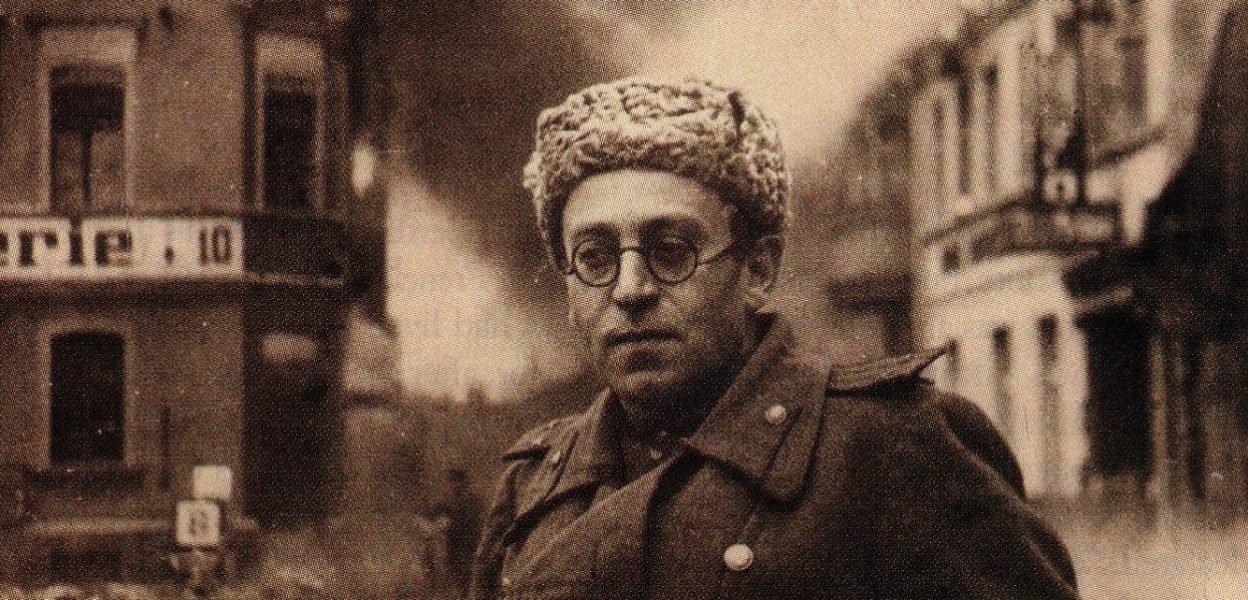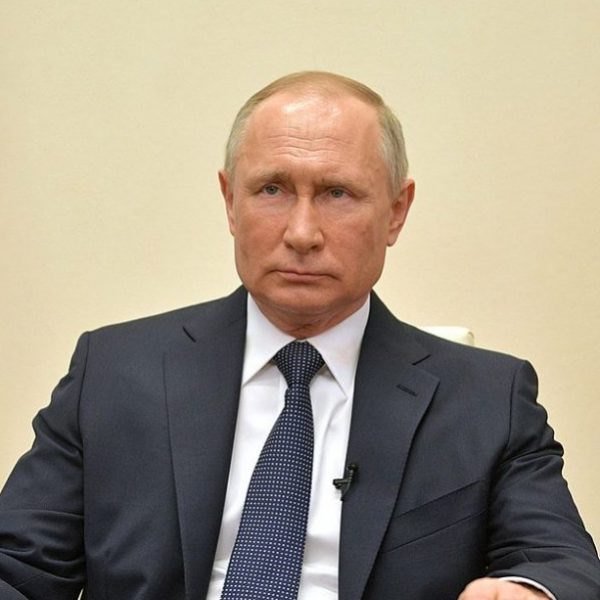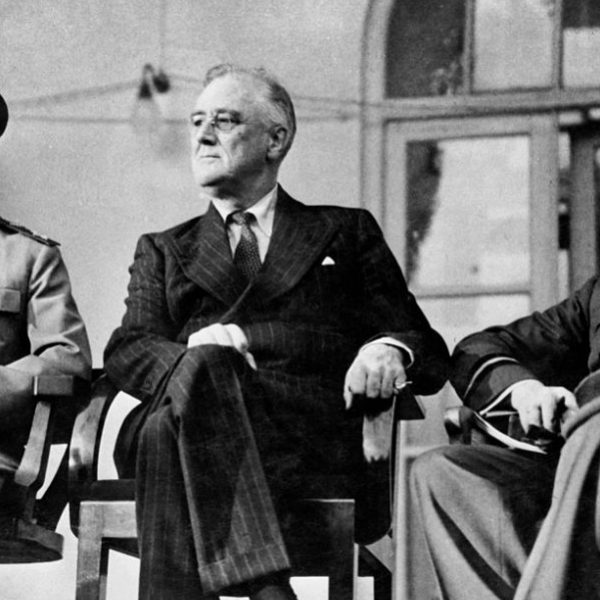Vasily Grossman’s Life and Fate
Alexandra Popoff—
Vasily Grossman began Life and Fate, a powerful anti-totalitarian novel, when Stalin was still alive. Back then he had no prospect of publication. But after the dictator’s death, when the regime admitted half truths about Stalin’s crimes, there was a glimmer of hope. Despite knowing that the repressive state had not changed in essence, that Stalinists remained in control, Grossman made the daring decision to publish his testimony on the Soviet century and on Stalinism. This was the first major attempt to resurrect the historical truth along with the names of people the regime had erased from life and from the record. In Life and Fate Grossman put Stalinism on trial: he juxtaposed Soviet crimes against humanity with those committed by the Nazis. In 1960, two years before the world heard Solzhenitsyn’s account of the Gulag, Grossman completed his exposé of the two dictatorships and the practices of slavery they established. The decision to attempt publication in the USSR was an act of desperate bravery and defiance.
Grossman’s novel opens with an image of camp cities in twentieth-century Europe—a world of straight lines and identical barracks where individuality is erased: tens of thousands share the same fate. Whether they live and die in a Nazi camp or in the frozen wastelands of Russia’s Far East, people are treated as the living dead.
Having likened the Gulag to the Holocaust, Grossman told the story of his entire generation, which had experienced twin dictatorships and World War II. He wanted post-Stalinist Russia to deal with its past in the manner of post-Nazi Germany. Grossman was prepared to fight for the right cause, but an editor reported him to the KGB. The secret police did not arrest the author, they arrested his novel—a greater punishment.
In February 1961 the KGB raided Grossman’s apartment and the editorial offices where he had submitted Life and Fate and seized all typescripts and drafts. The writer was told that his book was more dangerous to the Soviet state than Pasternak’s Doctor Zhivago, “and if it will be possible to ever publish it, then, perhaps, not for about 250 years.” The main Soviet ideologist, Mikhail Suslov, compared the explosive power of Grossman’s work to a nuclear bomb, thus admitting that its historical facts endangered a regime founded on fabrications.
In his appeal to the Soviet government Grossman wrote, “There is no logic, no truth in the present condition, in my physical freedom when the book, to which I have given my life, is in prison, for I wrote it, I have not renounced it, and I do not renounce it. . . . I ask for my book’s freedom.” The regime suppressed the truth—and Grossman’s novel—for as long as possible.
The Soviet state, with its “heavy, multitrillion-ton mass,” as Grossman describes it, prevailed in destroying him physically. The writer died of cancer in 1964, three years after his novel’s confiscation, unaware whether Life and Fate would ever see light. The novel was believed to have been lost or burned. But in 1980 Life and Fate suddenly emerged in the West. Preserved by Grossman’s friends and smuggled abroad in microfilm, it was brought out in Lausanne, published across Europe (where it became a bestseller), in America, and in 1988, under Mikhail Gorbachev, it was finally released in the USSR.
Grossman never learned his readers’ judgment.
From Vasily Grossman and the Soviet Century by Alexandra Popoff. Published by Yale University Press in 2020. Reproduced with permission.
Alexandra Popoff is a former Moscow journalist, an expert on Russian literature and cultural history, and the author of several literary biographies.
Further Reading:



























